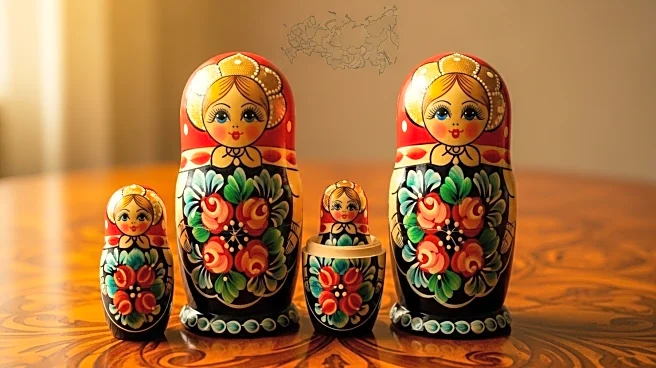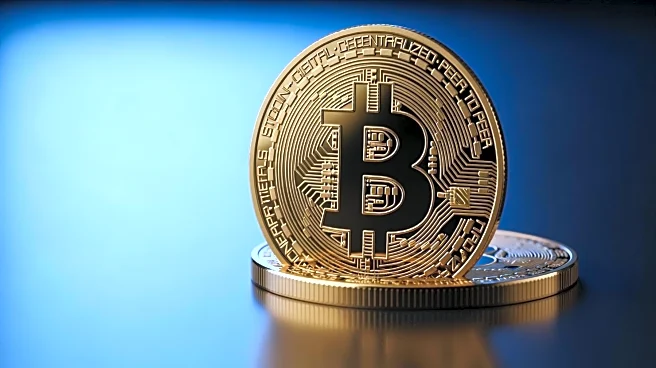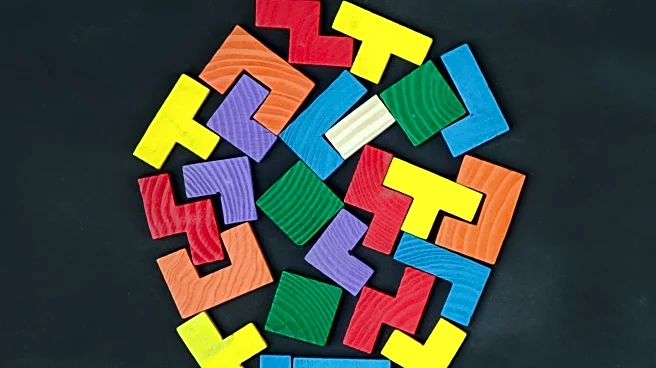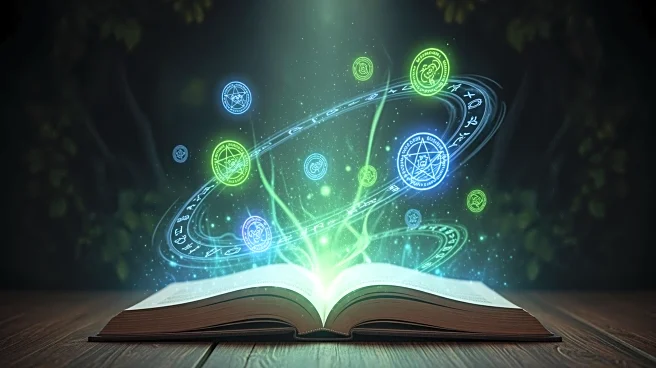What's Happening?
Russian President Vladimir Putin is reportedly initiating a generational shift within Russia's leadership, according to a report by the Atlantic Council. This transition involves replacing older officials, many of whom are in their seventies, with a younger generation. The report suggests that this new wave of leadership includes children of current top officials and Putin's close associates. Despite these changes, Putin, who is 72 years old, has no plans to step down and sees himself as irreplaceable. The transition began last year as older officials became less effective due to age and health issues. Notably, Putin's daughters, Maria Vorontsova and Katerina Tikhonova, have started to emerge from the shadows, making public appearances and signaling potential political ambitions.
Why It's Important?
This leadership transition in Russia could have significant implications for the country's political landscape and its relations with other nations, including the United States. By bringing in a younger generation, Putin may be attempting to secure his legacy and maintain control over Russia's political future. The involvement of Putin's daughters and other young elites suggests a move towards a more dynastic form of governance, which could impact Russia's domestic policies and international strategies. For the U.S., understanding these shifts is crucial for diplomatic and strategic planning, especially given the complex geopolitical dynamics involving Russia.
What's Next?
As this transition unfolds, it will be important to monitor how these younger leaders influence Russia's policies and international relations. The potential rise of Putin's daughters and other young elites could lead to shifts in Russia's approach to governance and its interactions on the global stage. Observers will be watching for any changes in Russia's domestic and foreign policies, as well as any signs of internal power struggles or shifts in the balance of power within the Kremlin.
Beyond the Headlines
The emergence of a younger generation of leaders in Russia raises questions about the long-term stability of Putin's regime. While this transition may strengthen Putin's hold on power in the short term, it could also lead to increased competition and rivalry among the new elites. Additionally, the involvement of family members in governance may further blur the lines between personal and state interests, potentially leading to ethical and governance challenges.









